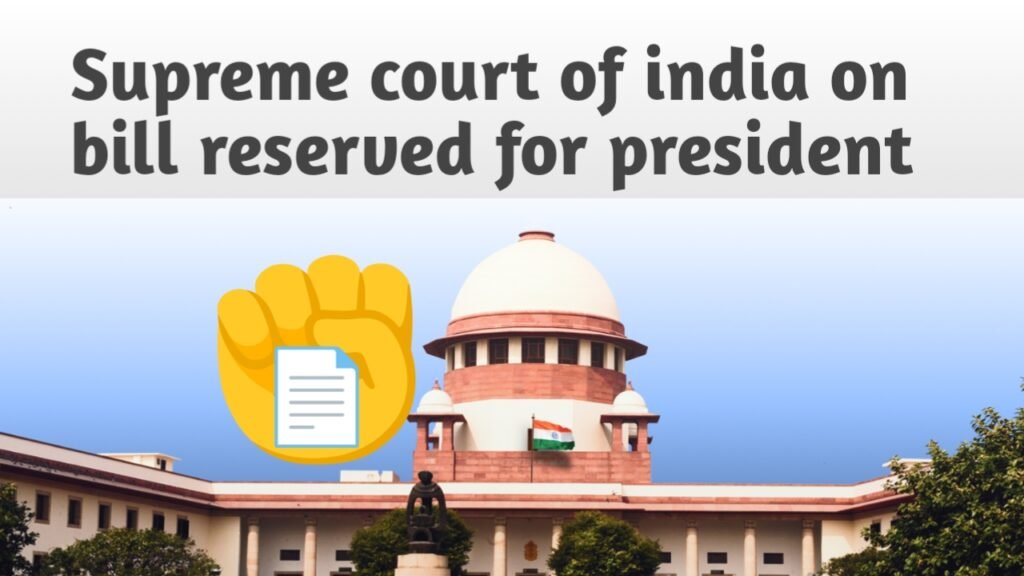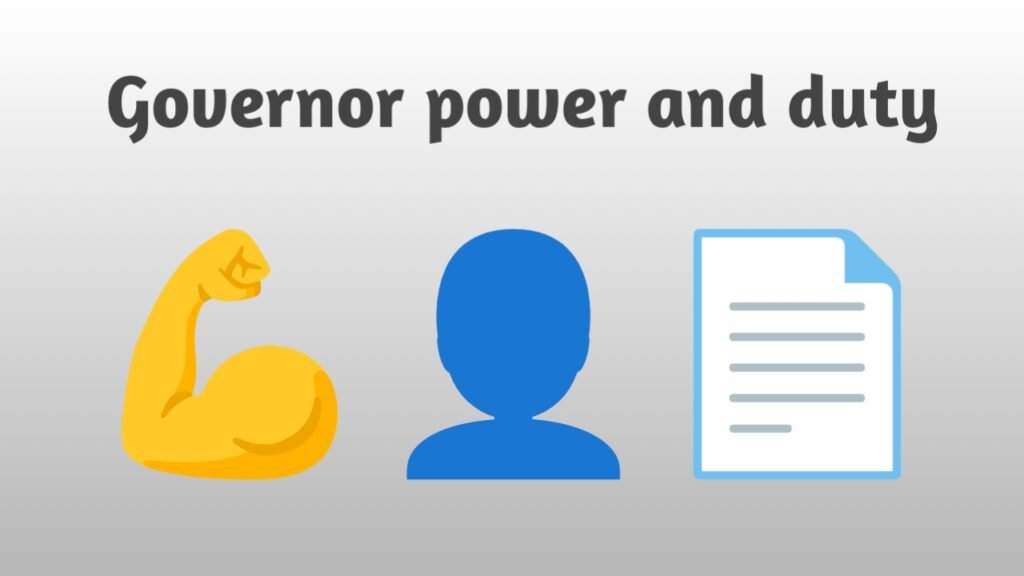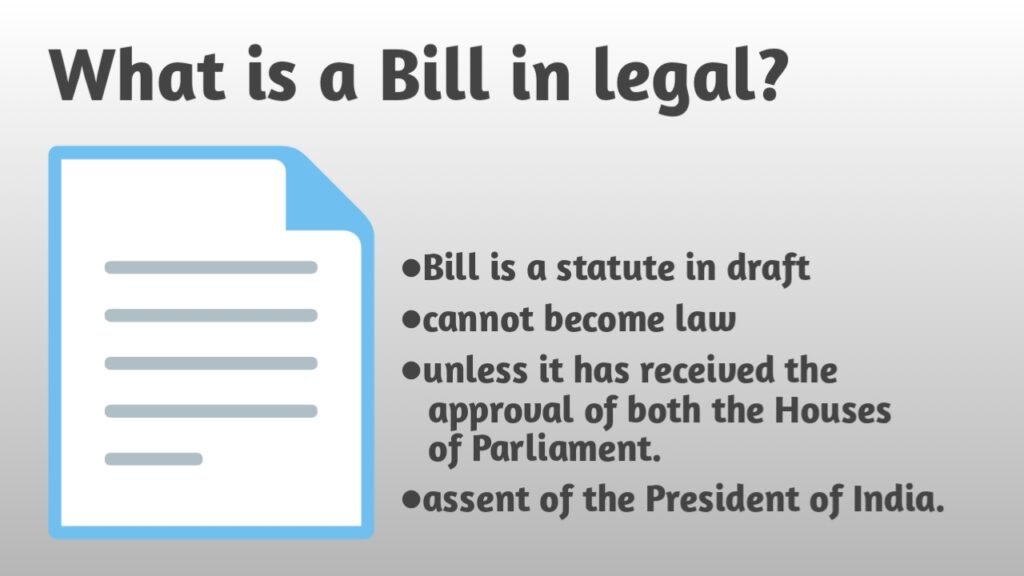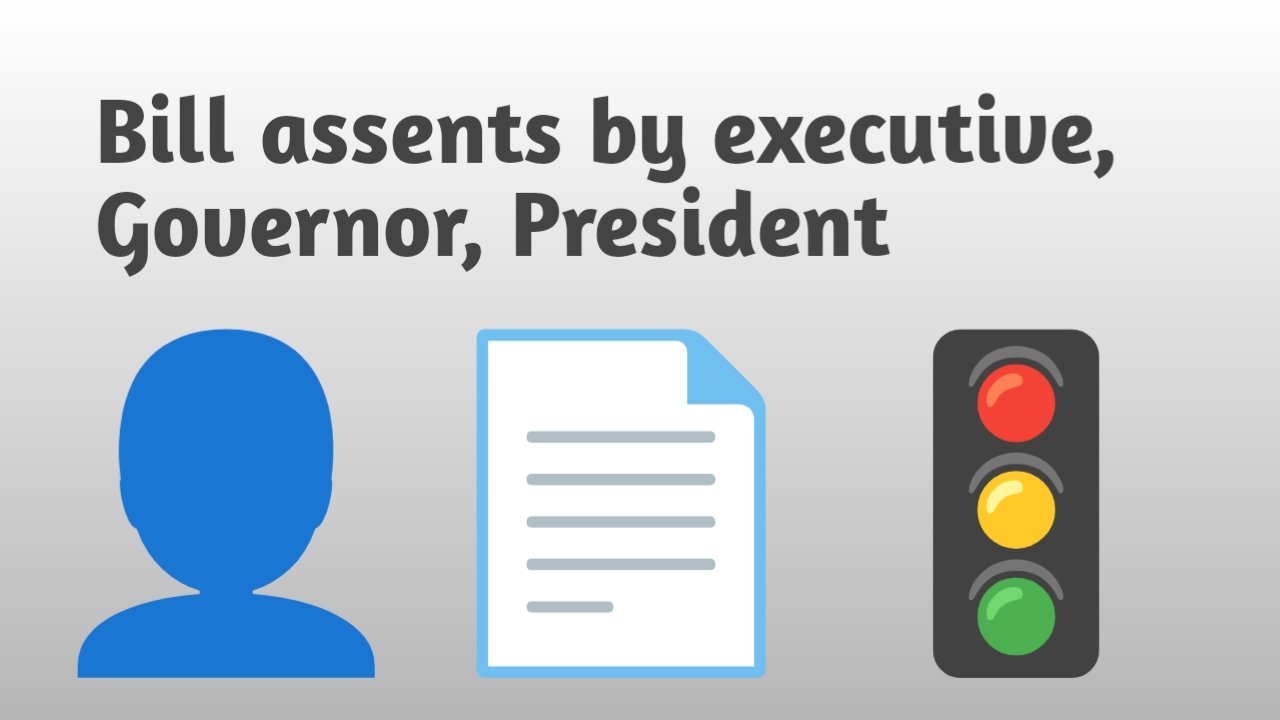Bill assents by executive Governor, pocket veto, Article 201 of constitution Bill reserved for consideration, When a Bill is reserved by a Governor for the consideration of the President.
The President shall declare either that or assents to the bill or that he withholds assent therefrom.
The proviso of Article 201, where the Bill is not a money bill, the President may direct the Governor to return the Bill to the House. Or
As the case may be, the House of the Legislature of the state together with such a message as is mentioned in the first proviso to Article 200.
And when a Bill of six months from the date of receipt of such message, and if it is again passed by the House or House with or without amendment.
It shall be presented again to the President for his consideration.
Article 200 of constitution, Assent to Bills
Constitution of India article 200, Assent to Bills. When a Bill has been passed by the Legislative Assembly of a state.
Or in the case of a state having a Legislative Council has been passed by both houses of the Legislature of the State it shall be presented to the Governor.
The Governor has the following options regarding Bills
- The Governor shall declared either that he Assent to the bill.
- Or that he withholds assent there form or
- That he reserve the bill for the consideration of President.
SC of india set deadline on bill reserved for president

Bill assents by executive ie Governor at state level, and President at Union Article 200 and 201 pocket veto of both Tamil Nadu v Governor.
Supreme court in state of Tamil Nadu v Governor of Tamil Nadu 2023 laid down that Bill referred by Governor under Article 201. The President within 3 month deadline to decide on bill, it is the first time that SC stated this.
Purushotham Nambudiri case Article 200, 201, Bill assents by executive
In case Purushotham Nambudiri 1962, SC held that Article 200, 201 suggest that Bills pending the assent of the Governor. Or the bill pending assent of President does not lapse as a result of dissolution of Assembly.
Rameshwarm prasad v Union of India
Article 361(1) protection of president and governor and Raj Pramukh, shall not be answerable to any court for exercise and performance of the power and duty of his office.
The Supreme Court clarified and said that Article 361(1) does not prevent the court from examining infectious acts, particularly when done with malicious intent.
If the Governor’s refusal to act or implement the bill is malicious, it will be unconstitutional.
When the Governor refuses to act on the bill it will be returned with valid reasons. The Governor will not use his powers as per his own wish, it shall be according to Constitution.
Governor power, council of minister, Bill assents by executive

Article 154 of the constitution, according to it executive power of the states I’ll be we study in the Governor.
And it shall be exercised by him either directly or through officers subordinate to him in accordance with thi constitution.
The Governor exercises his functions through the advice of the Council of Ministers.
Article 163 aid and advice of council minister, Bill assents by executive
The validity of anything done by the governors shall not be called in question on the ground that he ought or ought not to have act in his discretion.
Means if any question arises whether any matter is or is not a matter as respect, which the Governor. Is by or under this constitution required to act in his discretion the decision of Governor in this discussion shall be final.
Sub clause 3 of Article 163, the question whether any, and if so what, advice was tendered by ministers to the Governor shall not be inquired into in any Court.
Duty of Union to protect state, Bill assents by executive
Article 355 of the Constitution, duty of the union to protect States against external aggression and internal disturbance. It ensure the centre that state working according to the constitution.
What is a Bill in legal?

A Bill is a statute in draft and cannot become law unless it has received the approval of both the Houses of Parliament and the assent of the President of India.
And at States level its legislative Assembly and assent of Governor.
How a Bill become law?
- Proposed law introduce in form of Bill draft.
- First reading
- second reading in case of any changes to first reading.
- The draft of Bill Presented before Lok sabha and then after this bill to Rajya sabha.
- If any proposal for amendment or change it send to a formed Committee to study, then again Presented to parliament after committee report.
- Voting on Presented bill before both houses with majority it passed.
- After it, it send to President for Assent and after this bill become law.
The bill procedure for State is same but there the bill is assent by Governor of the State. In the State where the Council are not present, the legislative only.

